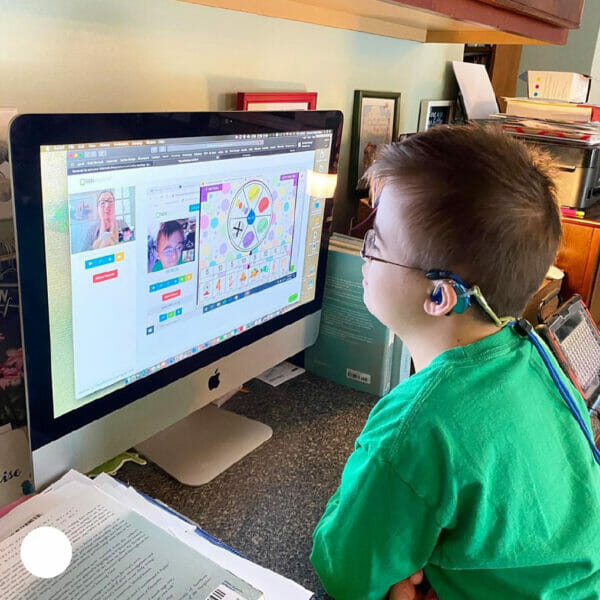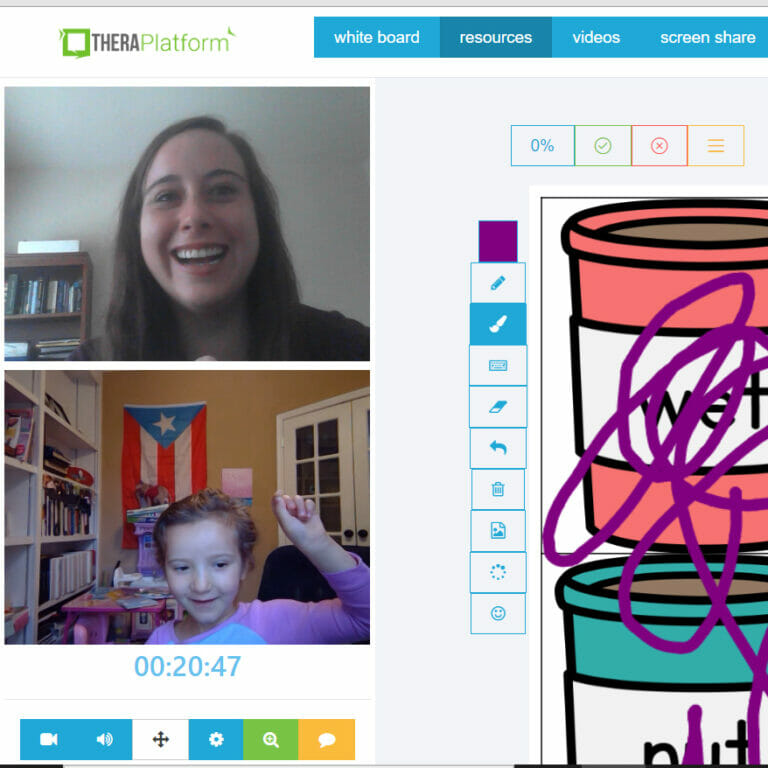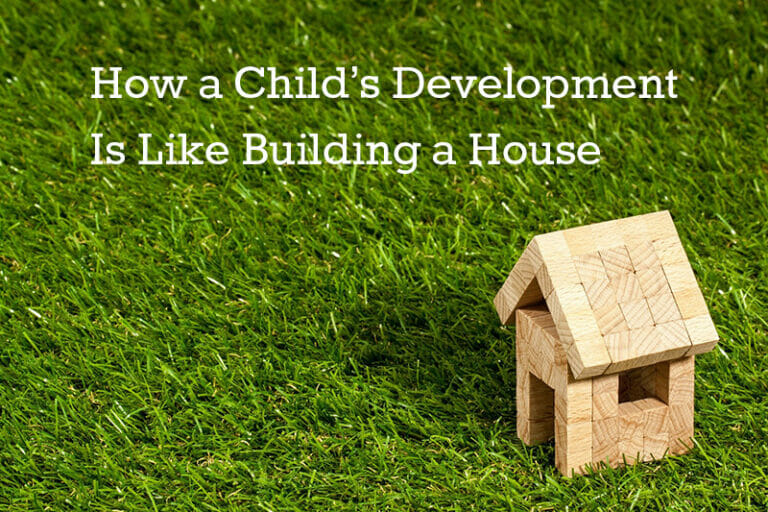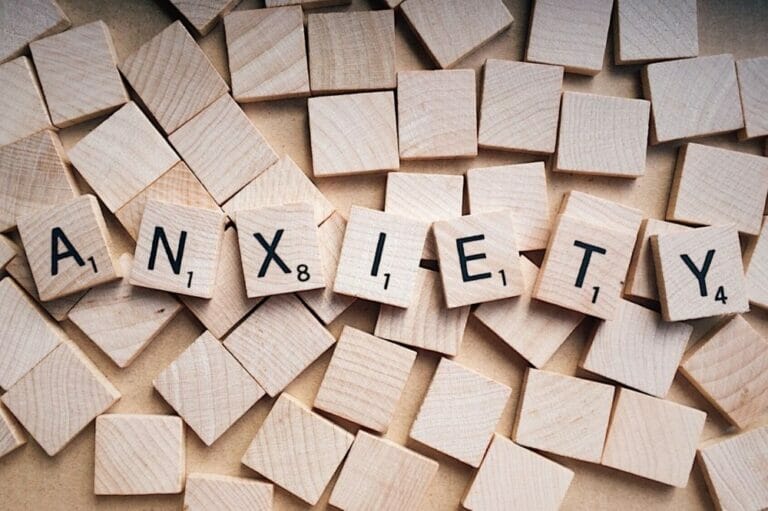What Parents Need to Know About Teletherapy for Kids
Kid’s Creek began offering teletherapy to OT and speech patients back in early 2019. Little did we know that just over a year later, a new virus called COVID-19 would push teletherapy to the forefront, and would allow us to begin offering teletherapy to PT patients, as well. Most insurance plans currently cover teletherapy, which…












